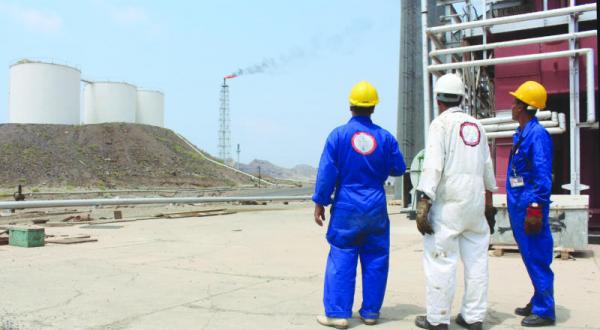The Houthi – Saleh rebel delegation continues to refuse to meet the UN envoy for Yemen Ismail Ould Cheikh Ahmed despite his recent arrival in Muscat, the capital of Oman, two days ago in order to resume his efforts to bring Yemeni parties around the table of new consultations. According to what Ould Cheikh announced at the conclusion of the Kuwait consultations, which failed due to the rebels’ refusal to sign the draft UN plan for peace in Yemen, a new round of consultations was supposed to resume today.
The “High Political Council” that the Houthis and Saleh recently formed announced that it has entrusted the rebel delegation with continuing “discussions with international and regional parties and the United Nations”. According to observers, such a declaration signifies a retreat by the rebels regarding their refusal to meet the UN envoy except in accordance with the conditions stipulated, the most notable of which is that the delegation would return to Sanaa after a no fly zone that was imposed by coalition forces on Sana’a last month is lifted. Flights carrying humanitarian aid and those approved by the UN can enter the zone.
In the meantime, the official responsible for communication and coordination for the Yemeni government delegation to the peace consultations in Kuwait Mohamed Al-Amrani confirmed that the announcement stating that the High Political Council had entrusted the rebel delegation to continue discussions is an attempt to extract an acknowledgement of the Council. He said that “If the envoy met them as delegates from the Political Council and not as representatives of Saleh, he would be acknowledging the Council. This is what they want and it is for this reason that the Political Council claimed that changes were taking place in the delegation. The envoy would therefore be forced to deal with them as one party representing the Council.”
